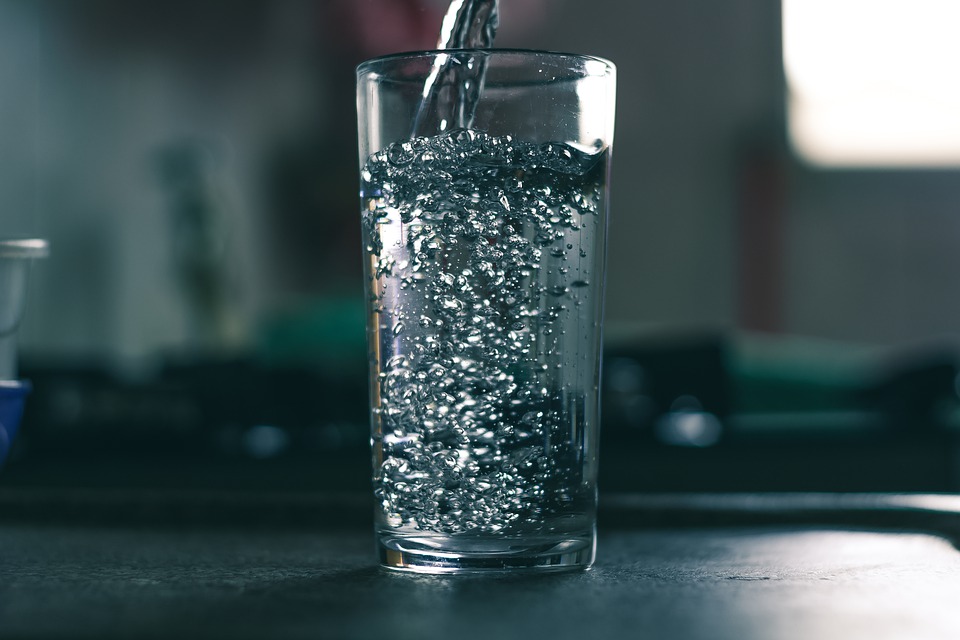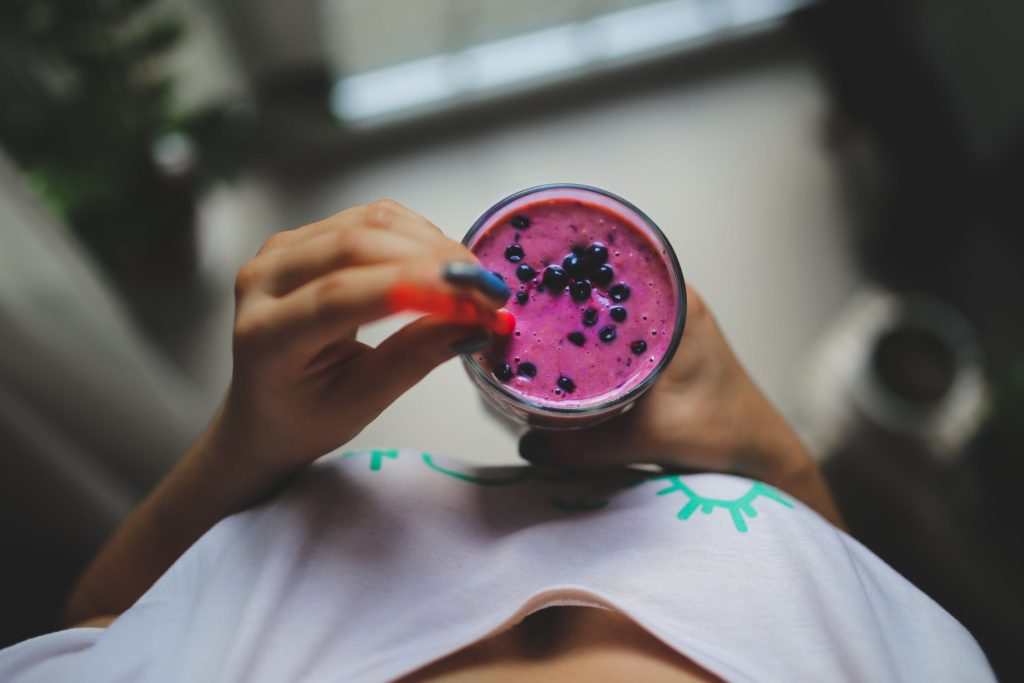
Staying hydrated is one of the most important ways you can boost your day to day wellbeing. Getting dehydrated can cause headaches and muscles aches, problems concentrating, and even mood swings. If you want to feel at your best, recover quickly after exercise, and ensure you’re mentally sharp, then keeping hydrated is a good idea.
Today we’re taking a look at some of the issues that can affect your hydration levels in your own home, so you have the best chance of operating at peak performance whenever you need to!
Drying Out
There are all sorts of ways to dry out at home: if you have the heating on, or air conditioning going you sap moisture out of the air. This can dry your body out in all sorts of ways, from the membranes in your nose, to your throat, or even your eyes!
High temperatures, whether they’re from central heating or hot weather also encourage you to perspire, as this is how your body maintains a comfortable temperature. This can cause a significant drain on your water reserves over the course of the day. You could sweat out nearly a litre and a half of water during a workout – even if you’re taking it easy at home on a hot day, the dehydrating effect of high temperatures is not to be trifled with!
Forgetting to Drink
Whether you’re at home, at work or on the move, one of the big causes of day to day dehydration is simply forgetting to drink enough water. Whether you’re distracted by work around the house or don’t find the plain taste of water tempting, it can slip down your list of priorities until you’re so thirsty you’re already dehydrated.
If this is a problem for you, you might need to set reminders to drink at regular intervals, sipping between six and eight glasses of water (or other healthy drinks) a day. Having a water bottle or a water dispenser nearby could also help you to drink water often as the more you see it, the more you’ll be reminded to keep yourself hydrated. If you don’t have a water dispenser yet, you may ask for some tips on buying any 5-gallon water dispenser or cooler from your closest friends and have them recommend the best water supplier in the neighborhood.
Dealing With Dehydration
If you do slip into dehydration it’s important to know what to do about it: simply drinking a big glass of water might not help as you’ve also lost electrolytes. Electrolytes are the salts dissolved in your blood that your body uses for all sorts of important tasks, from transmitting nerve impulses to maintaining a regular heartbeat to managing the fluid balance in your cells – in other words, if you dehydrate and lose electrolytes it actually makes it harder for you to rehydrate effectively! Keeping some rehydration tablets in the medicine cabinet can help you top up your electrolytes and rehydrate in the best possible way when you really need it!



